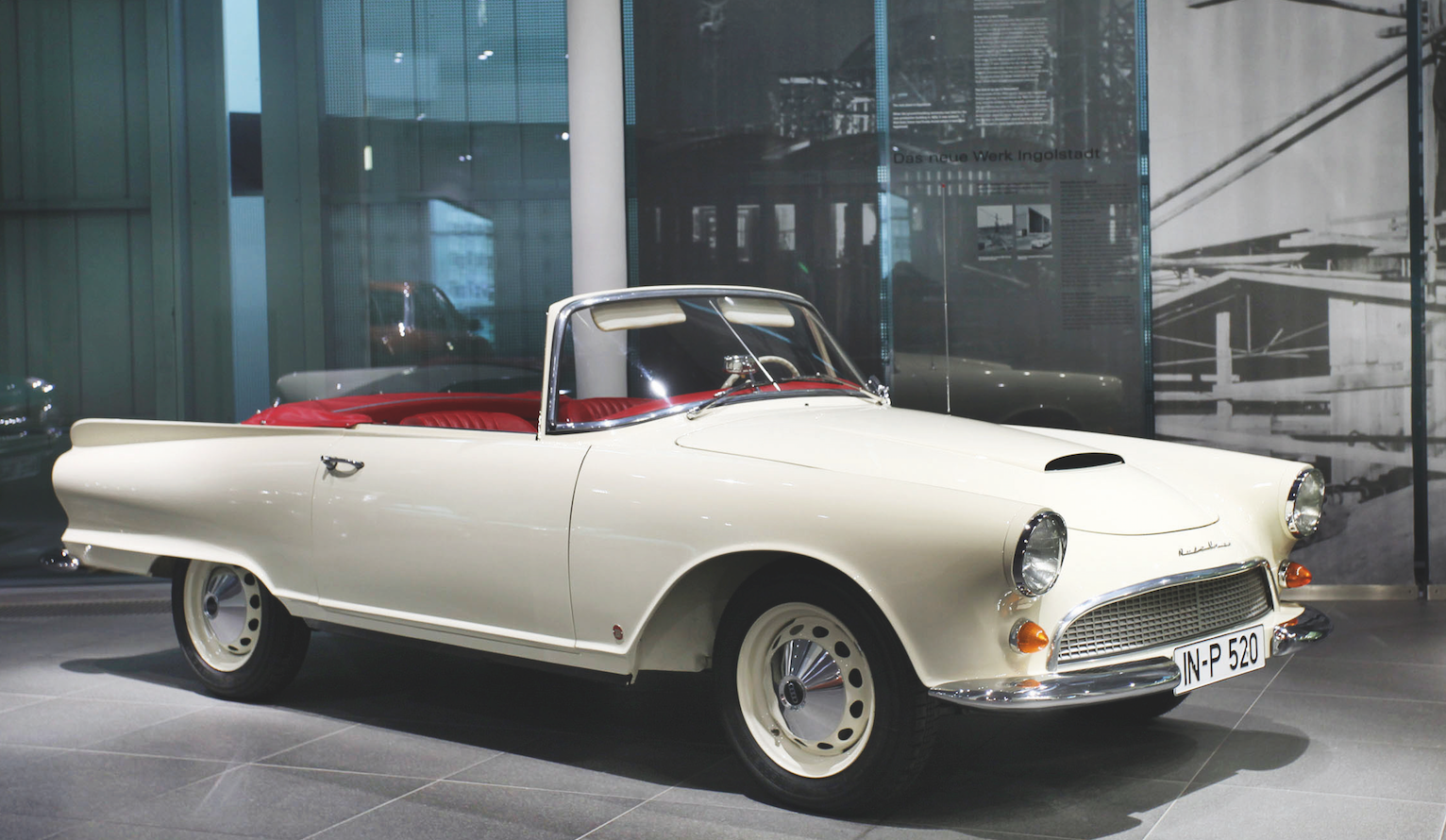The History of Audi in South Africa
Audi, a premium automobile manufacturer known for its luxury vehicles and advanced technology, has a fascinating history in South Africa that reflects the brand's global evolution and its adaptation to the local market. The relationship between Audi and South Africa has been shaped by various historical, economic, and cultural factors.
Early Beginnings: 1960s-1980s
Audi's roots in South Africa can be traced back to the 1960s when the brand was represented by local distributors. At that time, the South African automotive market was characterized by a handful of established European and American brands. Audi’s presence was limited, but the brand began to carve out a niche among affluent consumers seeking high-quality vehicles.
In 1968, Audi was officially introduced in South Africa, with models like the Audi 100 gaining traction among local buyers. The early years saw the brand focusing on building a reputation for quality and performance, characteristics that would become hallmarks of Audi vehicles. During this period, the South African automotive industry was largely influenced by apartheid policies, which affected import regulations and manufacturing capabilities.
The 1980s: Expansion and Local Production
As the South African economy began to open up in the late 1980s, Audi recognized the potential for growth in the region. In 1985, the company established a local assembly plant in Uitenhage, near Port Elizabeth. This facility allowed Audi to assemble models like the Audi 80 and later the Audi 100 locally, catering to the growing demand for premium vehicles in the country.
The local assembly not only helped reduce costs associated with importing fully built units but also aligned with the South African government's policies promoting local manufacturing. This period marked a significant step in Audi's commitment to the South African market, as the brand expanded its product offerings and improved service networks across the country.
The 1990s: A New Era
The 1990s were transformative for both South Africa and Audi. The end of apartheid in 1994 brought about substantial changes in the political landscape, and the automotive industry began to flourish as trade restrictions eased. Audi capitalized on this newfound freedom, launching several new models that resonated with the evolving tastes of South African consumers.
During this decade, Audi introduced its popular A4 and A6 models, which quickly gained popularity among local buyers for their blend of luxury, performance, and advanced technology. Audi’s commitment to quality and innovation helped strengthen its brand image in South Africa, positioning it as a leader in the premium segment.
The 2000s: Consolidation and Growth
In the 2000s, Audi South Africa continued to expand its portfolio, launching models such as the Audi Q7, marking the brand's entry into the SUV segment. This diversification was timely, as consumer preferences shifted towards larger vehicles that offered practicality without compromising on luxury.
Audi's marketing strategies during this period emphasized the brand's commitment to innovation, design, and sustainability. The introduction of advanced technology features, such as quattro all-wheel drive and cutting-edge infotainment systems, helped Audi differentiate itself from competitors.
Recent Developments: 2010s-Present
In recent years, Audi has continued to thrive in the South African market. The establishment of a new assembly plant in Pretoria in 2018 underscored Audi's long-term commitment to the region, enhancing local production capabilities and contributing to job creation.
Moreover, Audi has made strides towards sustainability, with a focus on electrification and reducing carbon emissions. The introduction of the Audi e-tron, the brand's electric SUV, reflects a broader global trend towards electric mobility and aligns with South Africa's increasing interest in environmentally friendly vehicles.
Conclusion
Today, Audi stands as one of the premier luxury automobile brands in South Africa, with a diverse lineup that caters to various consumer preferences. Its history in the country, marked by resilience and innovation, reflects the brand's ability to adapt to changing economic and social landscapes. As Audi continues to invest in local production and sustainable practices, it remains well-positioned to navigate the future of the automotive industry in South Africa.









